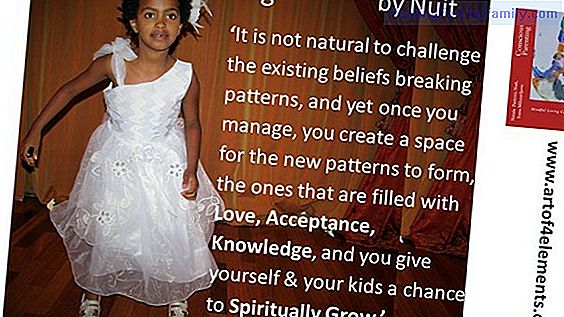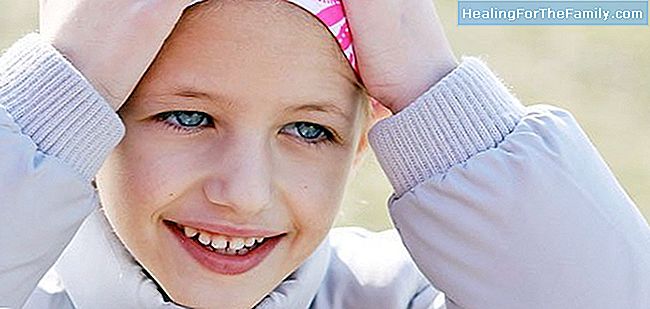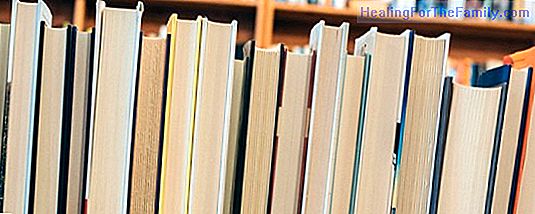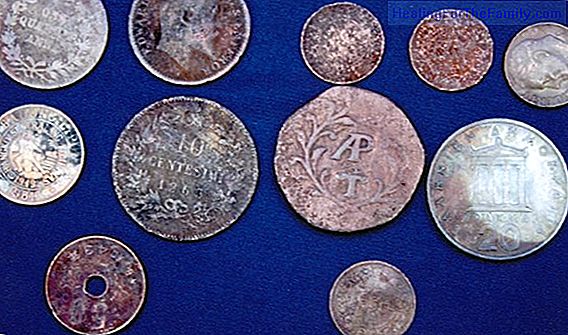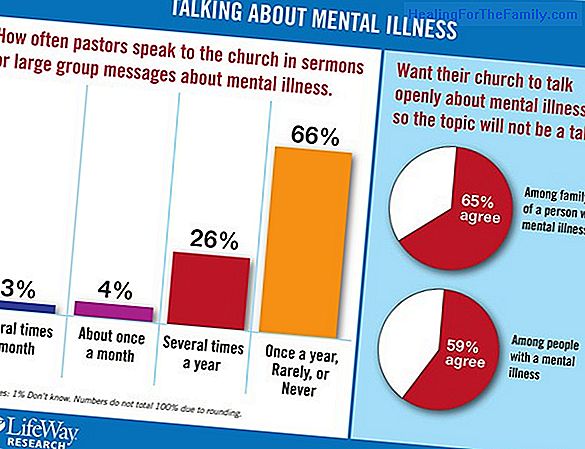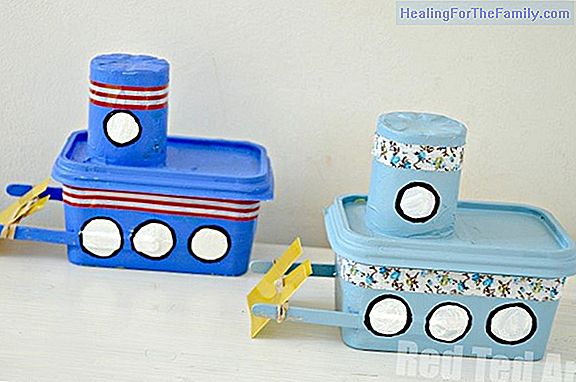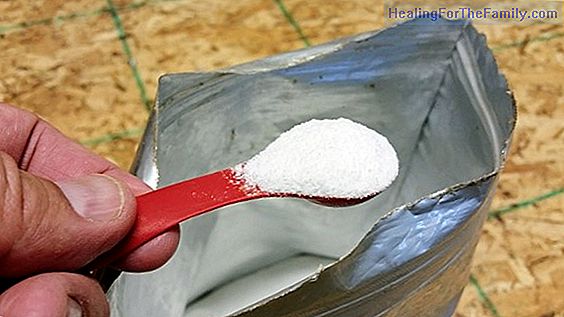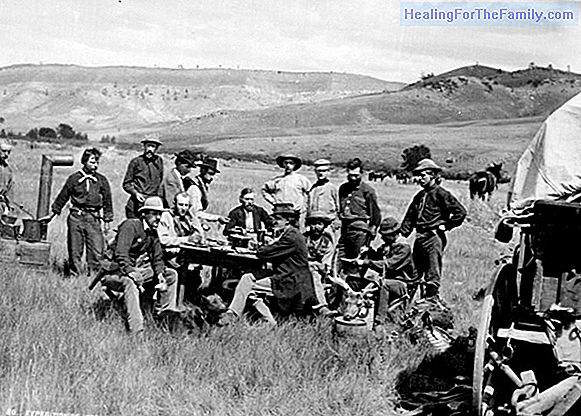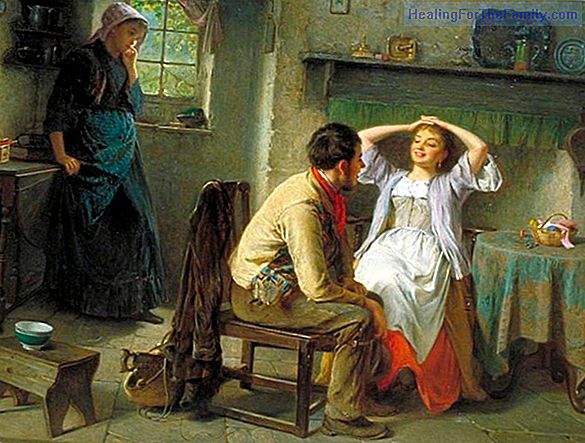Breastfeeding after breast cancer
Although 22,000 new cases are diagnosed each year, 85 percent of these women are cured . Nowadays, tumors that affect a woman's breasts have a high life expectancy when diagnosed early. And what's more, the interventions have advanced so much that it is even possible to breastfeed the baby after a b
Although 22,000 new cases are diagnosed each year, 85 percent of these women are cured . Nowadays, tumors that affect a woman's breasts have a high life expectancy when diagnosed early. And what's more, the interventions have advanced so much that it is even possible to breastfeed the baby after a breast cancer when the lesions are detected in their initial phase.Dr.
Armando Tejerina , gynecologist, director of the Center of Pathology of the Breast and president of the Tejerina Foundation, assures that 'women free of disease can have even two or three children and feed them to the breast, if they wish. It is demonstrated that this practice does not aggravate their situation, but they must be patients whose degree of secondary affectation in the future is low. It would be important for the woman to breastfeed her son for three or four months. 'Save your life, get a mammogram
According to the World Health Organization (WHO), every 30 seconds somewhere in the world a breast cancer is diagnosed. Currently, breast cancer is the most common among women worldwide, and is increasing especially in developing countries. Early detection in order to improve the prognosis and survival of women with breast cancer remains the cornerstone of the fight against this disease.
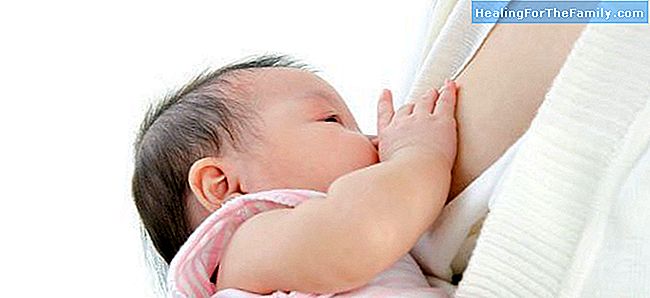
Mammography is a very simple and rapid test, which allows detecting 90 percent of tumors. It is already considered as a routine test that all women between 45 and 69 years old, with an interval of one to two years, should be performed. However, fear of diagnosis, lack of perception of risk and loss of confidence in the test are the main reasons why, still, 9 percent of women have never had a mammogram.
The existence in the family of cases of breast cancer is the main risk factor, since numerous studies have revealed that genetic inheritance plays an important role in the incidence of breast cancer. An active lifestyle, aimed at preventing obesity, are the factors that most influence the prevention of these tumors and that could reduce the likelihood of it appearing. However, the incidence figures continue to grow due to the progressive aging of the population in developing countries and the increasingly early diagnosis. Breastfeeding, currently, is less important than we thought years ago in the partial prevention of breast cancer. Dr. Tejerina says that "if you have children at an early age, around 24 years old, and the mother prolongs breastfeeding for more than 3 months, the percentage of cancer can decrease. But when breastfeeding is around the age of 40, that protective factor decreases. In today's society, women have children around age 35 in general, we even see women with 40 years of age who have natural breastfeeding, we do not see clear benefits. One of the reasons is the partial physiological involution of the breastfeeding itself and gestation of the gland, which improves or prevents breast cancer, but at younger ages the possibilities are higher. Breastfeeding should be natural and prolonged for at least 3 months to produce a clear benefit, both to the mother and the newborn.
Given the importance of breast cancer and its impact, not only on the affected woman, but also on her family, on this day, from town halls, health centers, hospitals and women's associations are taking place around the world campaigns to help these people psychologically to face the disease in a positive way. Today, breast cancer can only be a parenthesis in the daily life of women. Your partner and the psycho-oncologists can help these women to think that this cancer is something momentary and, after a time, they will return to what they were before.
Explanatory video of breastfeeding after breast cancer
{* content = "video" id = "3248" *}
Marisol New
. Editor of Guiainfantil.com


